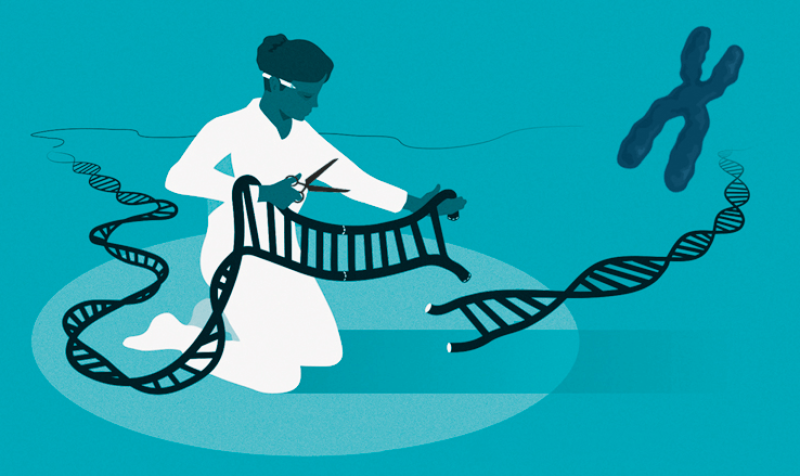In a recent review in the New York Review of Books of four books on the prospects of using CRISPR and related gene modification technologies for the improvement of human biology (“Editing Humanity’s Future”; April 29), including Walter Isaacson’s paean to Jennifer Doudna, the biotechnology editor and writer Natalie de Souza addresses the safety of such manipulations as a fundamental requirement for moving forward with human applications.
…
All the books under review… accept the baseless premise propounded by many CRISPR researchers that gene modification of embryos can be done safely, as does the reviewer herself. “[I]n ten years or so, we will probably meet the minimum conditions of safety and predictability for editing out single-gene diseases,” de Souza writes, and there is no indication that any of the authors disagrees.
But the science of developmental biology (which is different from the microbial and biochemical sciences that came up with CRISPR technology) has shown again and again that embryos simply cannot be reliably engineered. The confusions and misinformation that inevitably accompany the manufactured need for these questionable procedures is not allayed by the futuristic pondering in the books discussed in the NYRB piece, which offer nothing to help the buyer to beware in what the reviewer unskeptically calls the “genetic supermarket.”































